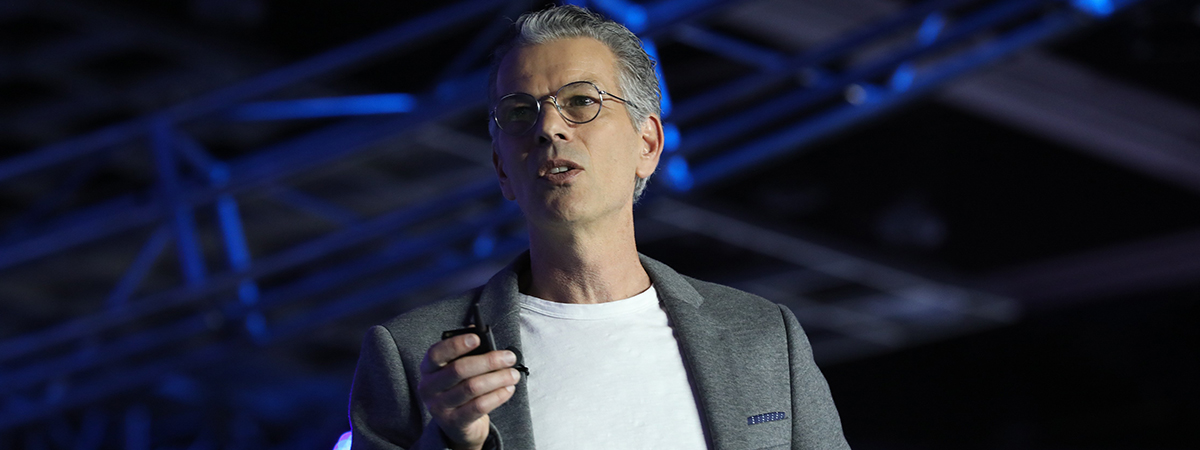Imagine a search bar on top of your Electronic Health Record that needs no training. A physician could spell the word "penicillin" incorrectly, and her search would be automatically corrected, just like in a Google search. Or, a nurse clinician types in "87" and that field automatically adds in the rest of what he intended to type, "87-year-old woman with knee pain".
Below, one of the keynote speakers at this year's HLTH 2019 conference in Las Vegas, David Feinberg, MD, Head of Google Health, discusses this concept where Google meets healthcare.
Memorable Quotes
- "Your doctors, before they operate on you, they actually go to YouTube. We've seen that, and you think, 'Wow, that's kind of a trip. My doctor's checking out YouTube?' Well, when I did my pediatrics internship, I had this little book in my pocket and when I would put in a chest tube or a lumbar puncture, or increase a potassium level, you'd go to the book to see what happens. So, if you have a general surgeon in a small town, and they haven't taken out a thyroid, actually, YouTube is a great way for them to see up-to-date [information] by the Mayo Clinic specialist." (10:09)
- "If you're a smoker, and you smoked one pack a day for 30 years, or two packs a day for 15 years, we call that 'a 30-year pack history.' If you have a '30-year pack history,' you should have a screening CT [computed tomography]. Two percent of people get screening CT's for lung cancer. That number needs to get to 100 percent, and we would love to be able to partner and make sure that our machines help read those patients." (05:32)
- "[After analyzing patients' eyes], we found things we weren't looking for. We found [more information about a person's] smoking history, we can predict your age, hemoglobin A1c, blood pressure, [and sex]. We can also combine it with different data sets. Then the predictions get even better, [like for cardiovascular risk factors]." (07:20)
- "Healthcare, as we all know, has so much more to do than just what's happening in your body. Let's go out of the body now [and] start answering the question, 'Can we impact health?'" (07:48)
